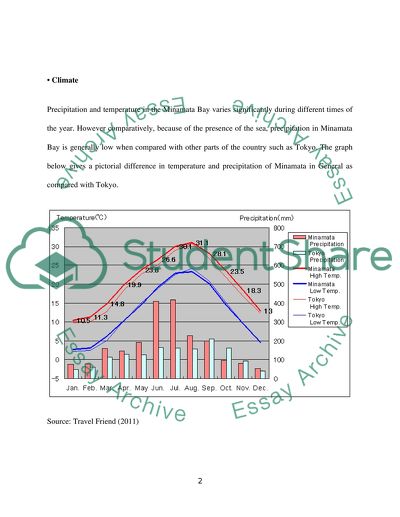Cite this document
(“Minamata Bay in Kumamoto Japan Research Paper Example | Topics and Well Written Essays - 2500 words”, n.d.)
Retrieved from https://studentshare.org/family-consumer-science/1418852-minamata-bay-in-kumamoto-japan
Retrieved from https://studentshare.org/family-consumer-science/1418852-minamata-bay-in-kumamoto-japan
(Minamata Bay in Kumamoto Japan Research Paper Example | Topics and Well Written Essays - 2500 Words)
https://studentshare.org/family-consumer-science/1418852-minamata-bay-in-kumamoto-japan.
https://studentshare.org/family-consumer-science/1418852-minamata-bay-in-kumamoto-japan.
“Minamata Bay in Kumamoto Japan Research Paper Example | Topics and Well Written Essays - 2500 Words”, n.d. https://studentshare.org/family-consumer-science/1418852-minamata-bay-in-kumamoto-japan.


